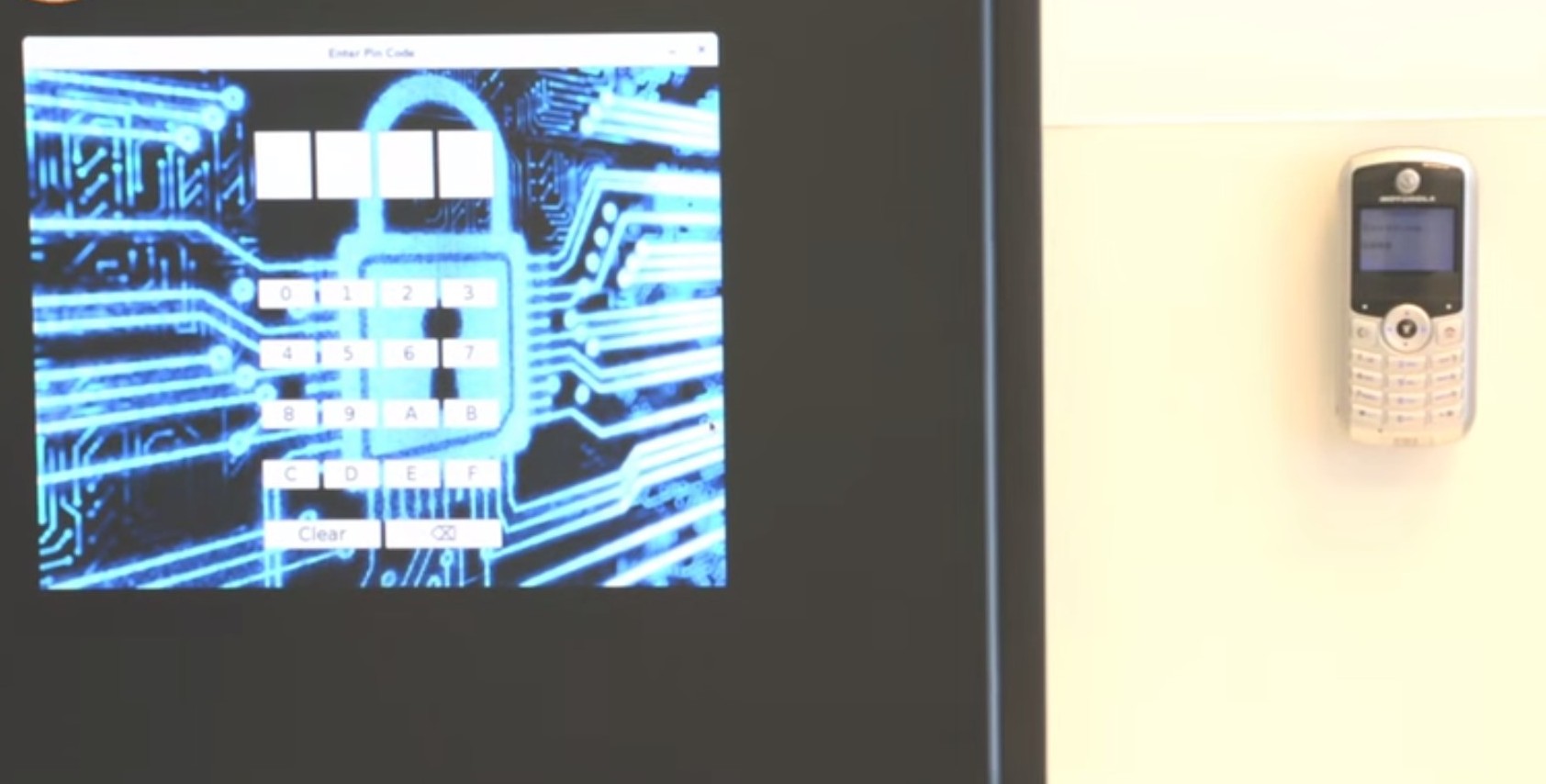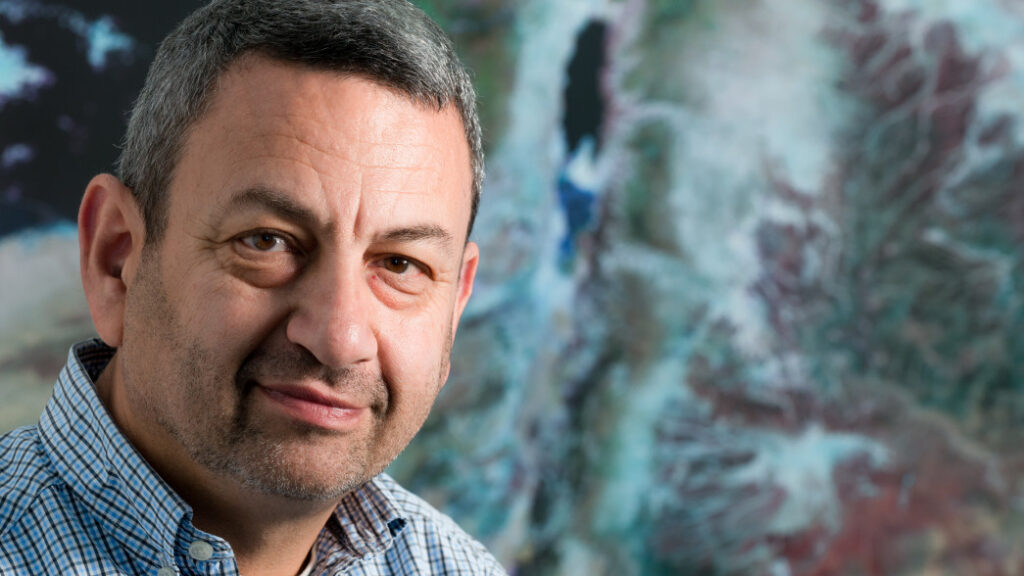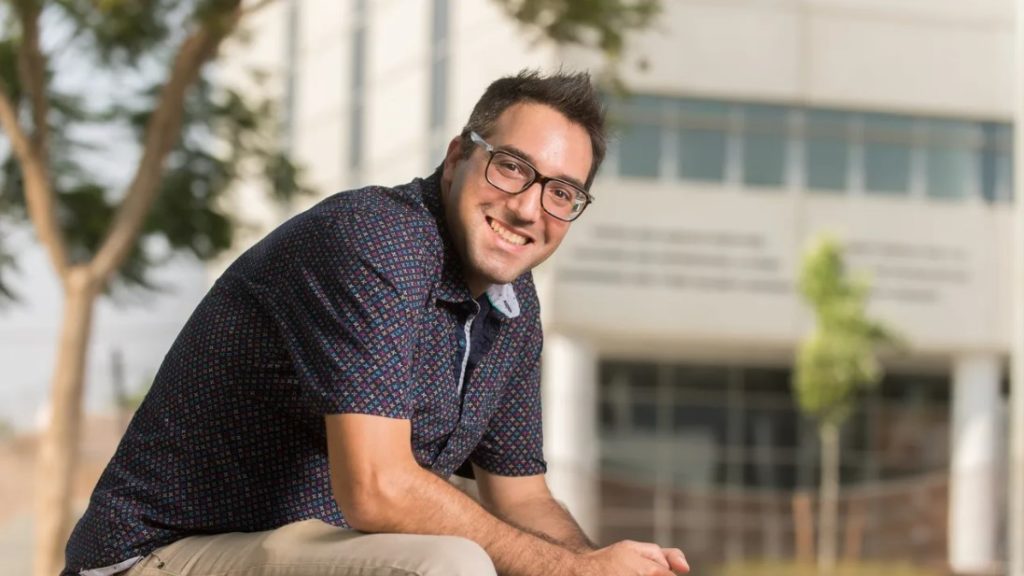
Cellphones Can Steal Data from Computers
Cellphones Can Steal Data from Computers
July 28, 2015
Homeland & Cyber Security, Press Releases
BGU’s Mordechai Guri to Present Findings at the 24th Usenix Security Conference in Washington, D.C.
Researchers at the Ben-Gurion University of the Negev (BGU) Cyber Security Research Center have discovered that virtually any cellphone infected with a malicious code can use GSM phone frequencies to steal critical information from infected “air-gapped” computers.
Air-gapped computers are isolated — separated both logically and physically from public networks — ostensibly so that they cannot be hacked over the Internet or within company networks.
Led by BGU Ph.D. student Mordechai Guri, the research team discovered how to turn an ordinary air-gapped computer into a cellular transmitting antenna using software that modifies the CPU firmware. GSMem malicious software uses the electromagnetic waves from phones to receive and exfiltrate small bits of data, such as security keys and passwords.
Click here to watch a video of the demonstration.
“GSMem takes the air out of the gap and will force the world to rethink air-gap security,” says
Dudu Mimran, chief technology officer of BGU’s Cyber Security Research Center. “Our GSMem malicious software on Windows and Linux has a tiny computational footprint, which makes it very hard to detect. Furthermore, with a dedicated receiver, we were successful exfiltrating data as far as 90 ft. (30 meters) in distance from the computer.”
According to Guri, “Many companies already restrict the use of cell phones or limit the capabilities (no camera, video or Wi-Fi on cell phones) around air-gapped computers. However, phones are often otherwise allowed in the vicinity of air-gapped computers thought to be secure. Since modern computers emit some electromagnetic radiation (EMR) at various wavelengths and strengths, and cellular phones easily receive them, this creates an opportunity for attackers.”
The researchers recommend that countermeasures to mitigate the issue use the “Zone” approach: defined areas or zones around these computers where mobile phones and simple devices are prohibited. Insulation of partition walls may help to mitigate signal reception distance growth if a dedicated hardware receiver is used. Additionally, anomaly detection and behavioral dynamic analysis may help.
This is the third threat the BGU cyber team has uncovered related to what are supposed to be secure, air-gapped computers. Last year, the researchers created a method called Air-Hopper, which utilizes FM waves for data exfiltration. Another research initiative, BitWhisper, demonstrated a covert bi-directional communication channel between two close-by air-gapped computers using heat to communicate.
In addition to lead researcher Mordechai Guri, the other BGU researchers include Assaf Kachlon, Ofer Hasson, Gabi Kedma, Yisroel Mirsky, and Prof. Yuval Elovici, director of the BGU Cyber Security Research Center, member of Ben-Gurion University’s Department of Information Systems Engineering and director of Deutsche Telekom Laboratories.
Guri will present the findings next month at the Usenix Security ’15 Conference on August 14 at 2:00 p.m. at the Hyatt Regency Capitol Hill, 400 New Jersey Ave. NW, Washington, D.C.
ABOUT AMERICANS FOR BEN-GURION UNIVERSITY
By supporting a world-class academic institution that not only nurtures the Negev, but also shares its expertise locally and globally, Americans for Ben-Gurion University engages a community of Americans who are committed to improving the world. David Ben-Gurion envisioned that Israel’s future would be forged in the Negev. The cutting-edge research carried out at Ben-Gurion University drives that vision by sustaining a desert Silicon Valley, with the “Stanford of the Negev” at its center. The Americans for Ben-Gurion University movement supports a 21st century unifying vision for Israel by rallying around BGU’s remarkable work and role as an apolitical beacon of light in the Negev desert.
About Ben-Gurion University of the Negev
Ben-Gurion University of the Negev embraces the endless potential we have as individuals and as a commonality to adapt and to thrive in changing environments. Inspired by our location in the desert, we aim to discover, to create, and to develop solutions to dynamic challenges, to pose questions that have yet to be asked, and to push beyond the boundaries of the commonly accepted and possible.
We are proud to be a central force for inclusion, diversity and innovation in Israel, and we strive to extend the Negev’s potential and our entrepreneurial spirit throughout the world. For example, the multi-disciplinary School for Sustainability and Climate Change at BGU leverages over 50 years of expertise on living and thriving in the desert into scalable solutions for people everywhere.
BGU at a glance:
20,000 students | 800 senior faculty | 3 campuses | 6 faculties: humanities & social sciences, health sciences, engineering sciences, natural sciences, business & management, and desert research.
For all press inquiries, please contact:
James Fattal, J Cubed Communications
516.289.1496




